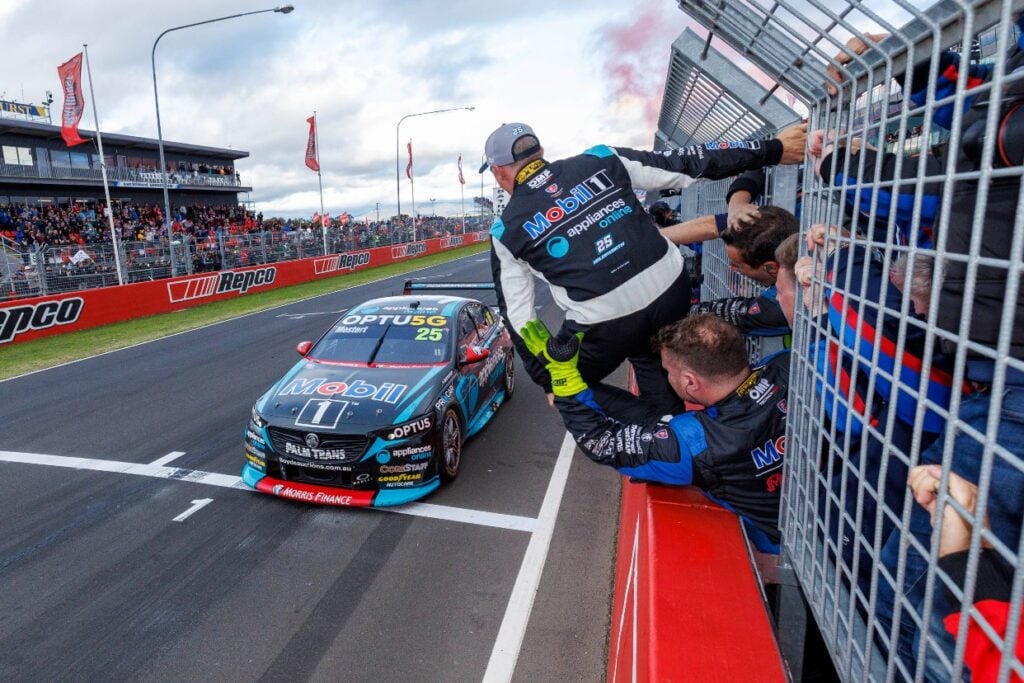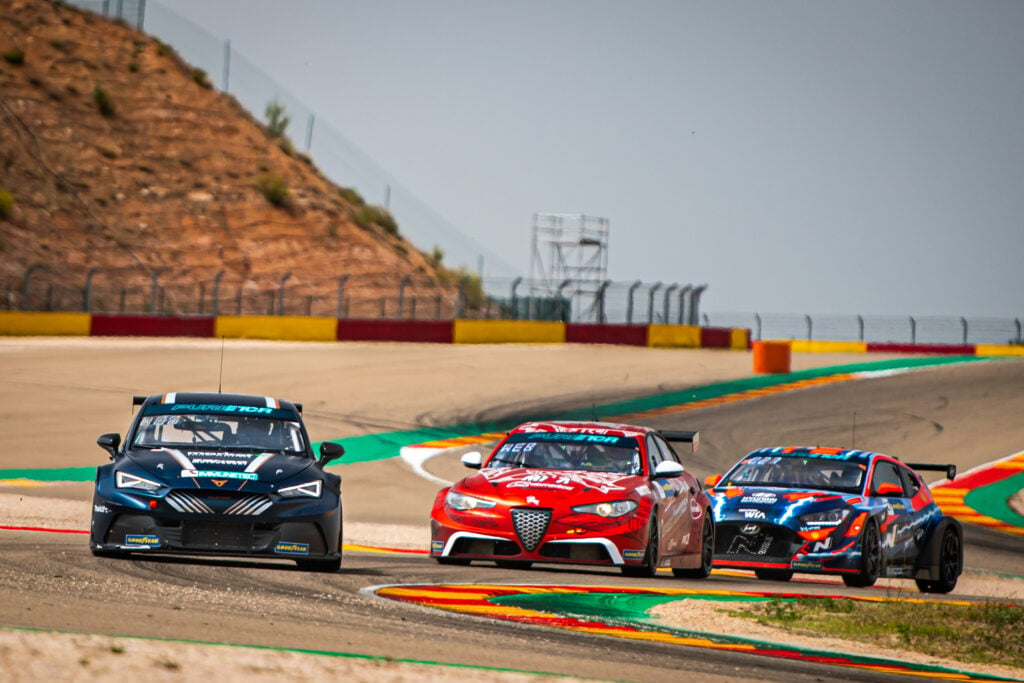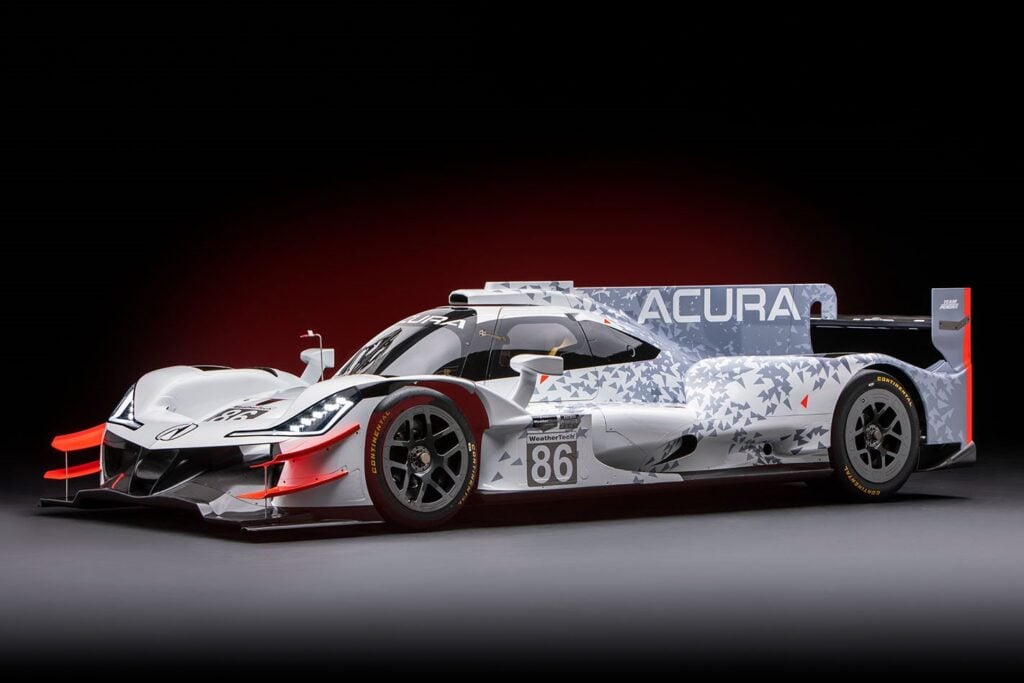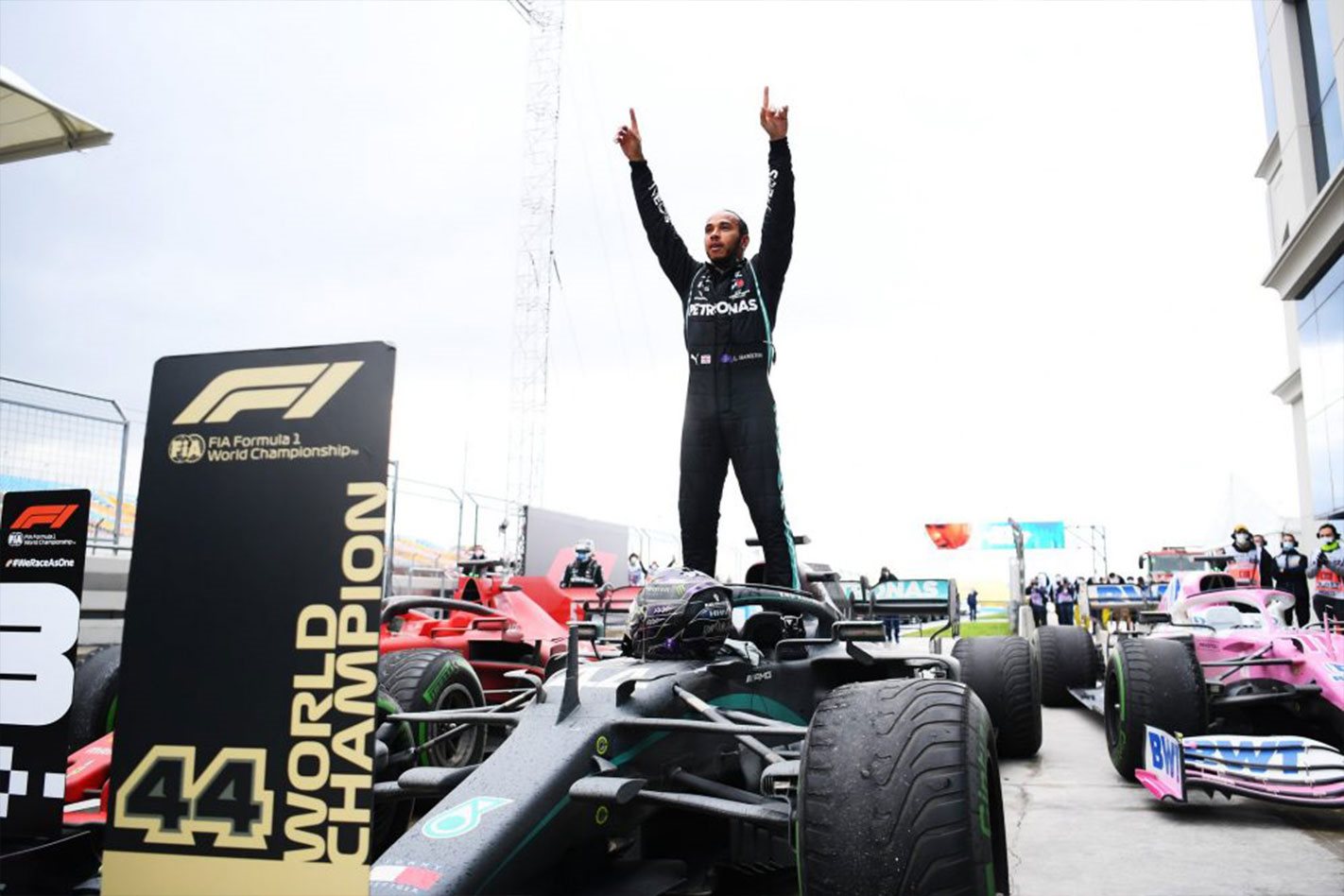
It was the achievement we all knew was coming. Lewis Hamilton won the 2020 Turkey Grand Prix and with it, he clinched his seventh world driver’s title in Formula 1.
But no one could have predicted what the race would ask of Hamilton to earn his history-defining achievement, which now puts him equal with Michael Schumacher on world titles.
With the damp, unforgiving Istanbul track giving nothing away to the Mercedes-AMG F1 cars, both Hamilton and teammate Valtteri Bottas started on the grid in sixth and ninth respectively.
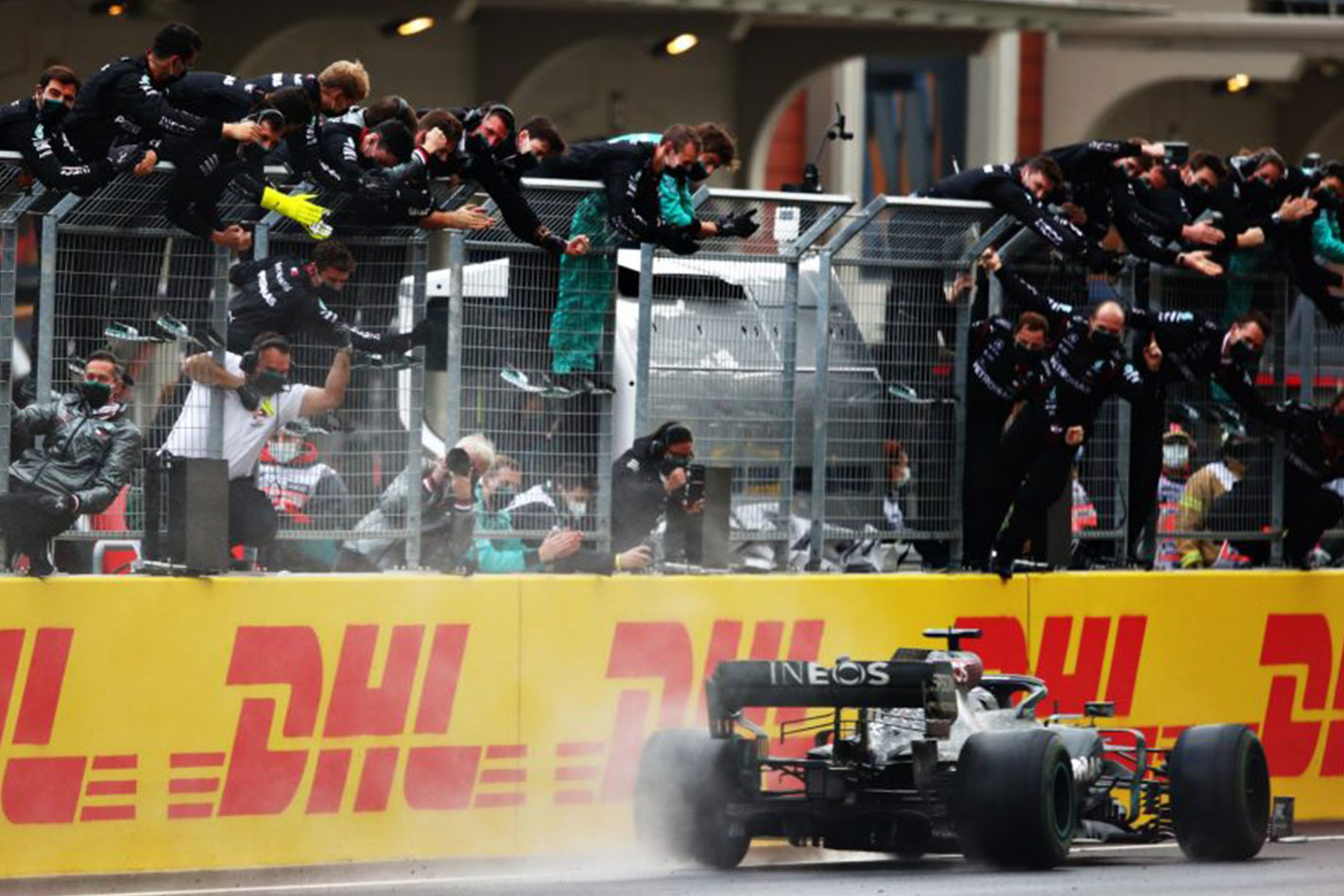
It was unfamiliar territory for the dominating duo.
But the conditions claimed a number of drivers ahead one by one.
Red Bull’s Max Verstappen spun his car a number of times, squandering any chance at claiming the win, and pole-sitter Lance Stroll lost his initially-surprising pace on fresh intermediates as the track evolved.
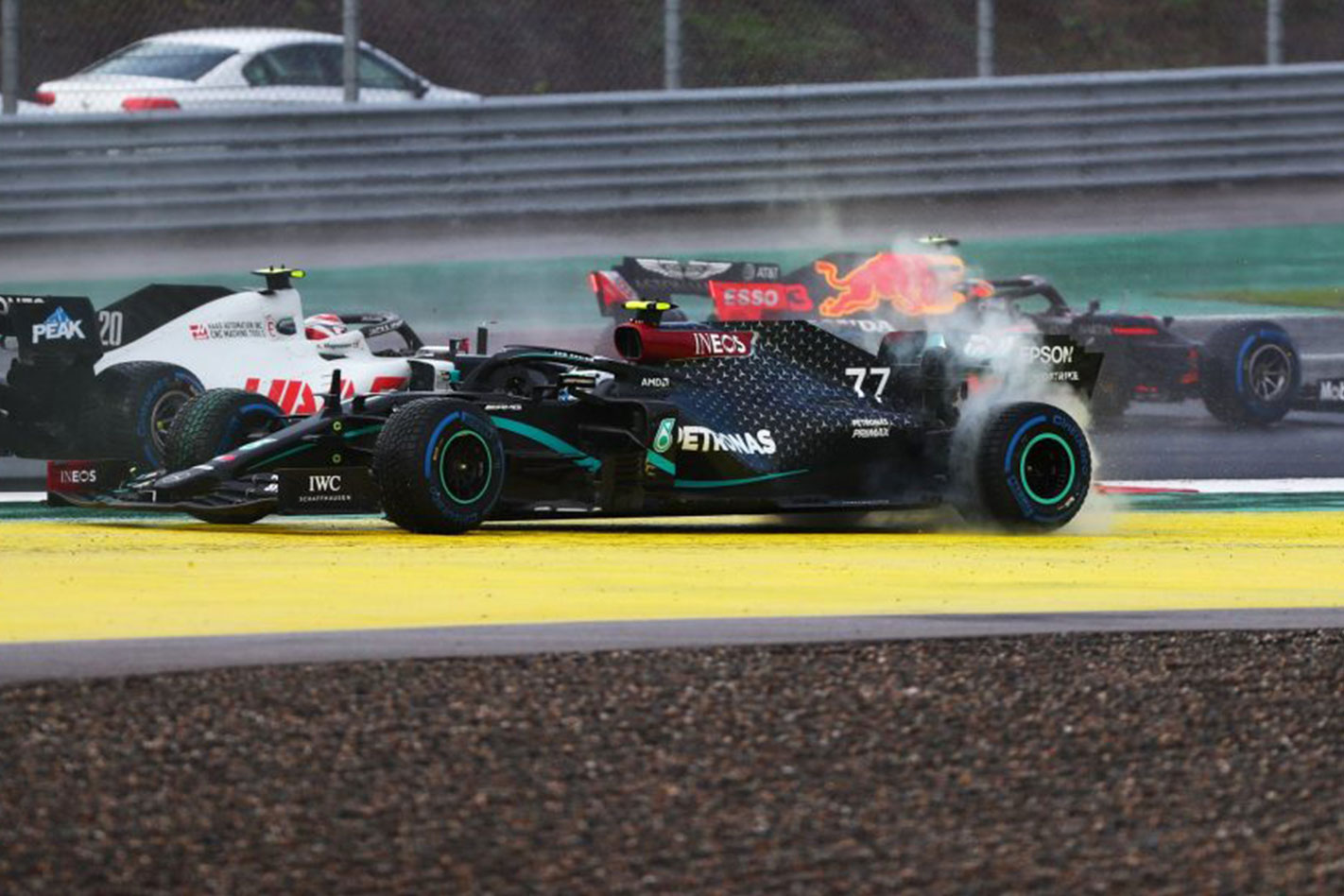
Hamilton then hunkered down as the conditions slowly came to his car, registering a clinical drive to work his way into first place and build a nearly 25-second lead on Sergio Perez in second.
His experience again paid dividends when he ignored the team’s call to change his aging intermediate tyres, knowing that they had the pace, and heat, to last the distance.
Ferrari driver and former world champ Sebastien Vettel, who drove to third place, was first to congratulate Hamilton in parc ferme and put a very pertinent question into focus.
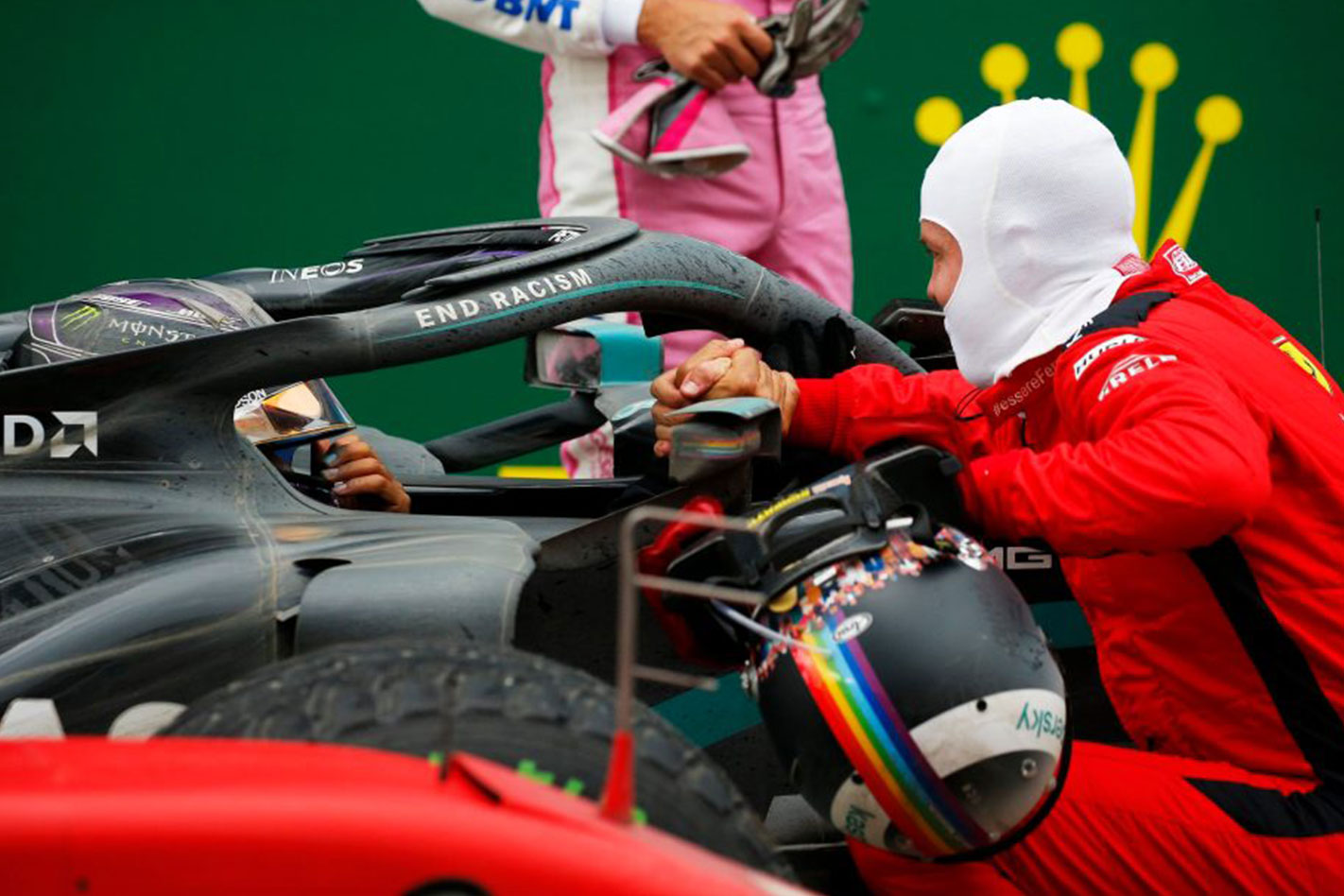
“I told him that it’s very special for us because we can witness history being made today,” Vettel told formula1.com, before being asked if Hamilton is now the greatest driver of all time.
“I think he is the greatest of our era for sure. I think it’s always difficult to compare, how can you possibly compare [Juan Manuel] Fangio, Stirling Moss to our generation? You can’t.
“Maybe we would be useless because we’d all be s***ing ourselves in those cars, maybe they would be useless in our cars because they’re way too fast, who knows?
“But it doesn’t matter. I think every era has its driver, or its drivers, and Lewis is certainly the biggest, greatest of our era.”
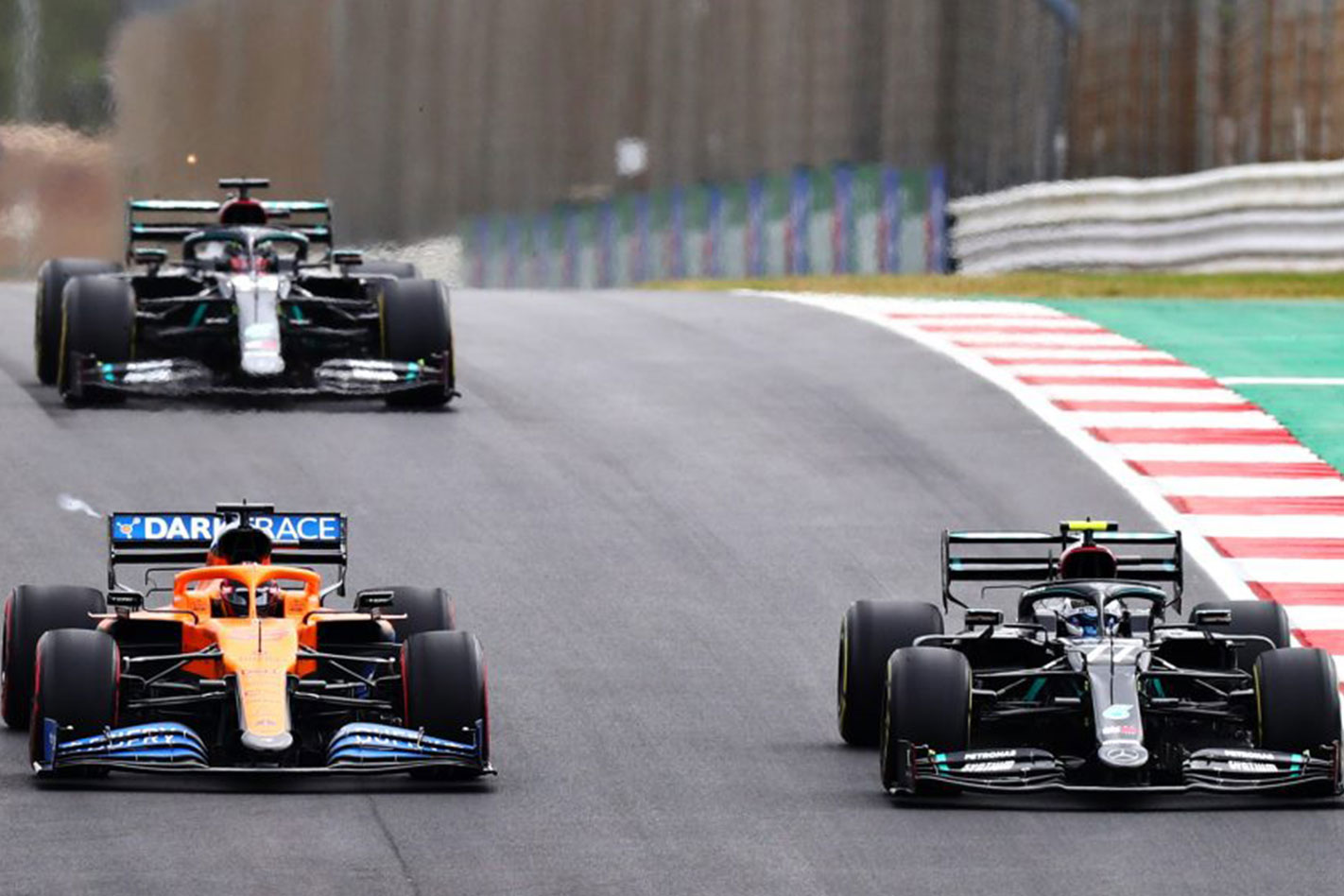
We knew going into this season it was only a matter of time before the 35-year-old snatched the momentous milestones, so can we finally admit Lewis Hamilton is actually is the greatest F1 driver of all time?
By the numbers
The landmark achievement fortifies his credentials as the greatest on paper for at least two of three big records.
As well as the most successful driver in F1’s history, this season he also bagged the most pole positions in the sport’s along the way.
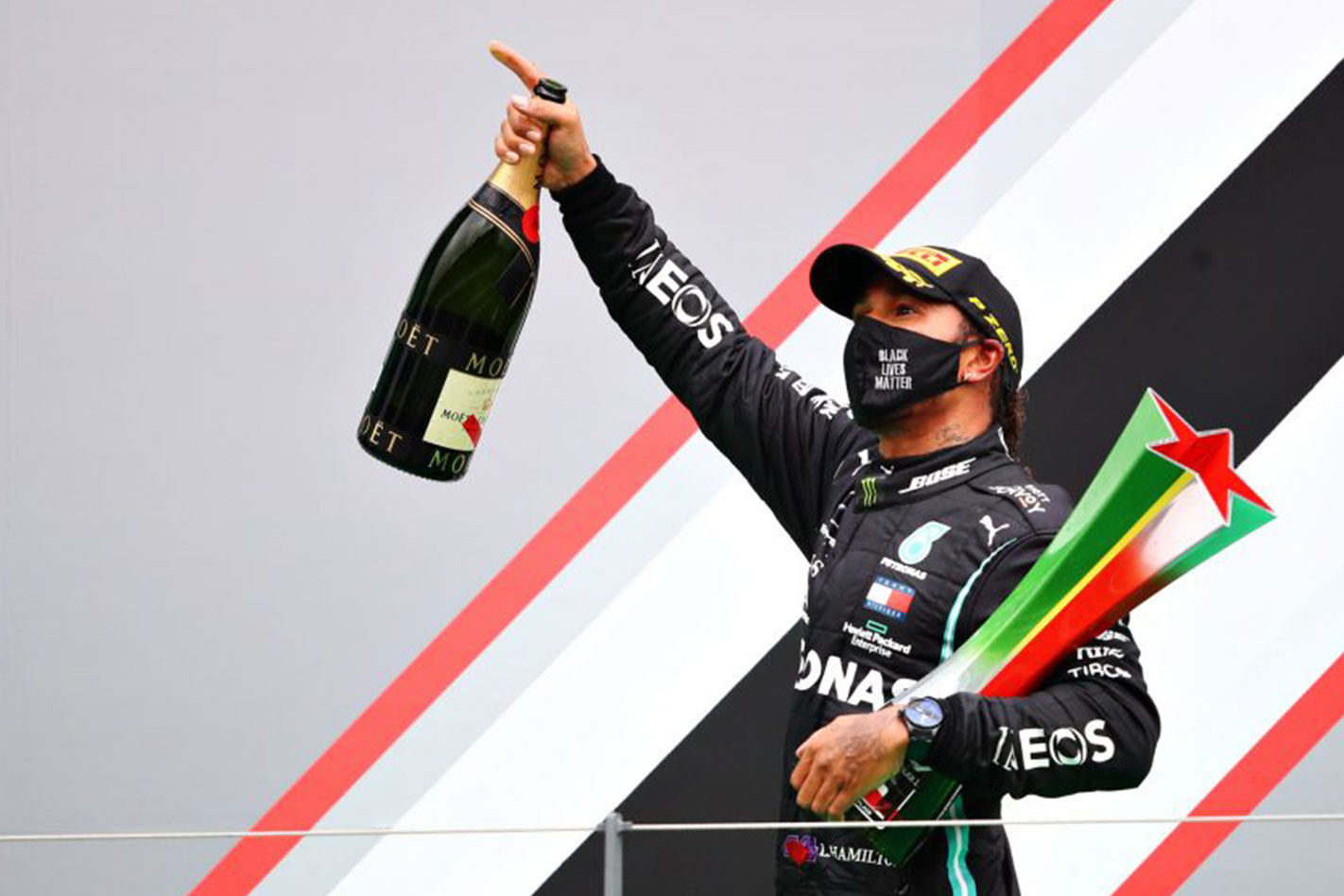
Both have won championships with two different manufacturers but Hamilton earned 92 wins in only 13 years after his Formula 1 debut as a 22-year-old.
Schumacher’s 91st victory arrived 15 years after his start as a 23-year-old.
Hamilton now holds the all-time records for most wins, podiums, points, races led and pole positions, as well as the longest consecutive points scoring streak.
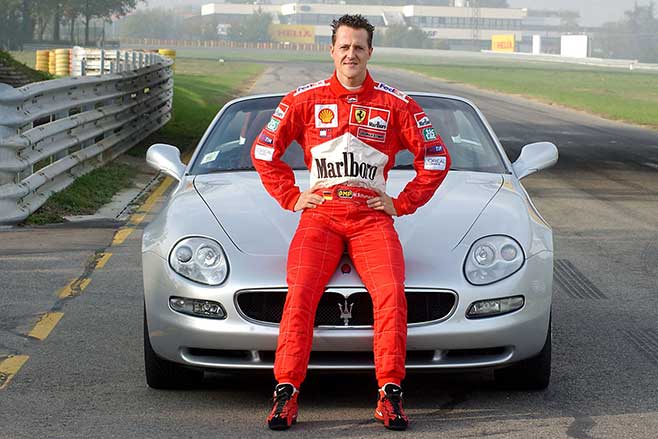
The greatest F1 driver of all time?
For some, there are legends who will always own the ‘greatest ever’ accolade. Juan Manual Fangio. Jack Brabham. Jackie Stewart. Niki Lauda. Alain Prost. Ayrton Senna.
They are drivers who fought to be the best in eras that contrast starkly to today’s (relatively) mega-safe and mega-fast spectacle.
The fact F1 has witnessed only a single death – that of Jules Bianchi in 2015 after a crash at the Japanese Grand Prix in 2014 – in 16 years since Ayrton Senna and Roland Ratzenberger died during that San Marino GP weekend reveals how far safety has come.
Prior to 1980, the longest period F1 endured without fatality was three years.
And while yes, you can argue the sport’s fledgling nature in those formative decades after the 1950s – all the way up to the 1990s – robbed past drivers of the same stability today’s crop enjoy, it’s surely also broadened accessibility to new drivers and therefore competition.
The age of the youngest Grand Prix winner has dropped twice since Hamilton debuted for McLaren, too, thanks to Sebastian Vettel and, more recently, Max Verstappen.
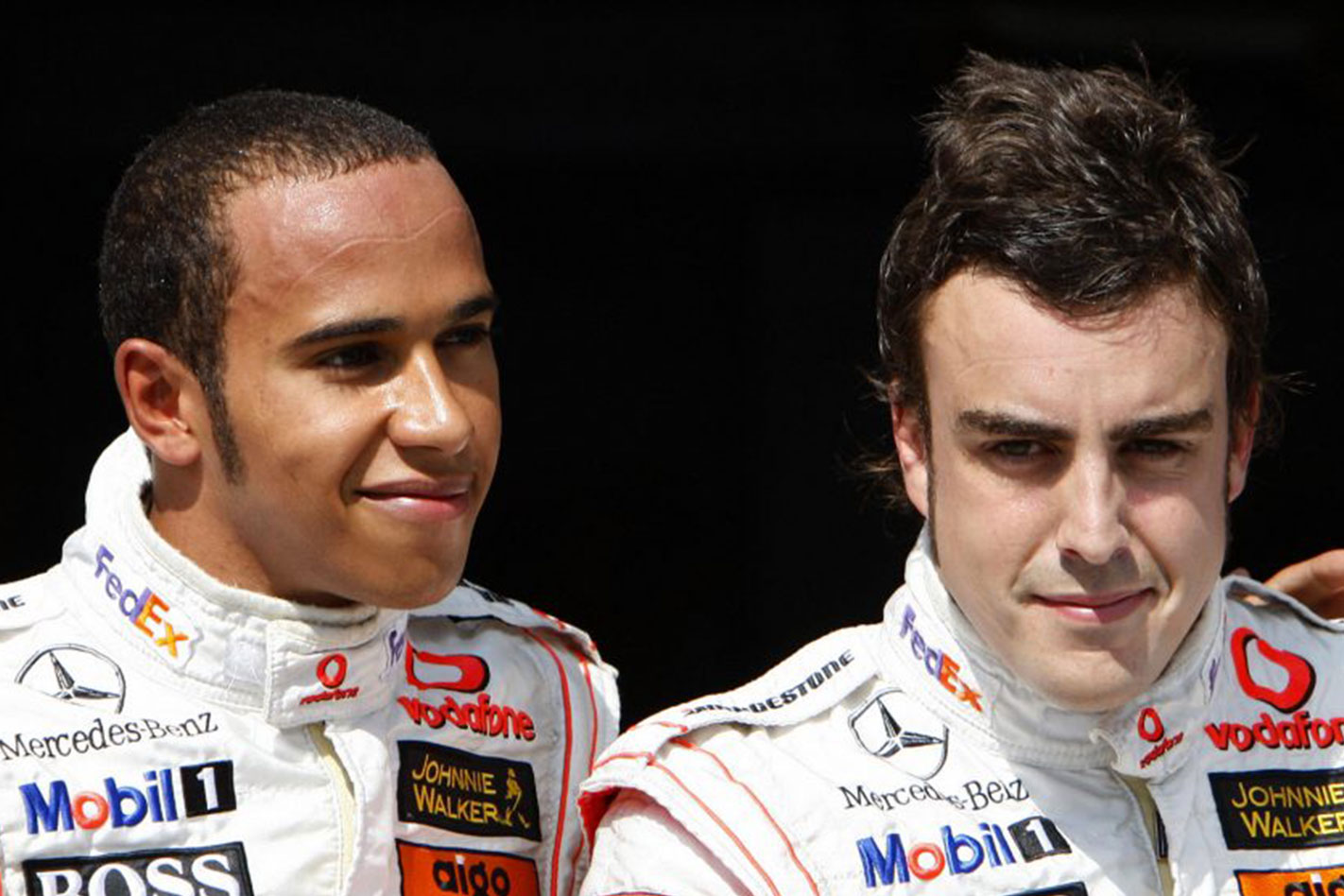
Champion driver, champion team
With this weekend’s win, Hamilton also delivered Mercedes-Benz its 113th Grand Prix, underscoring the team’s domination in the turbo-hybrid era that some would attribute much of Hamilton’s success.
And while, yes, this is true, single teams have dominated eras of F1 for decades. Jim Clark won his two world titles with Lotus, Ayrton Senna won his three with McLaren and then Michael Schumacher’s five with Ferrari.
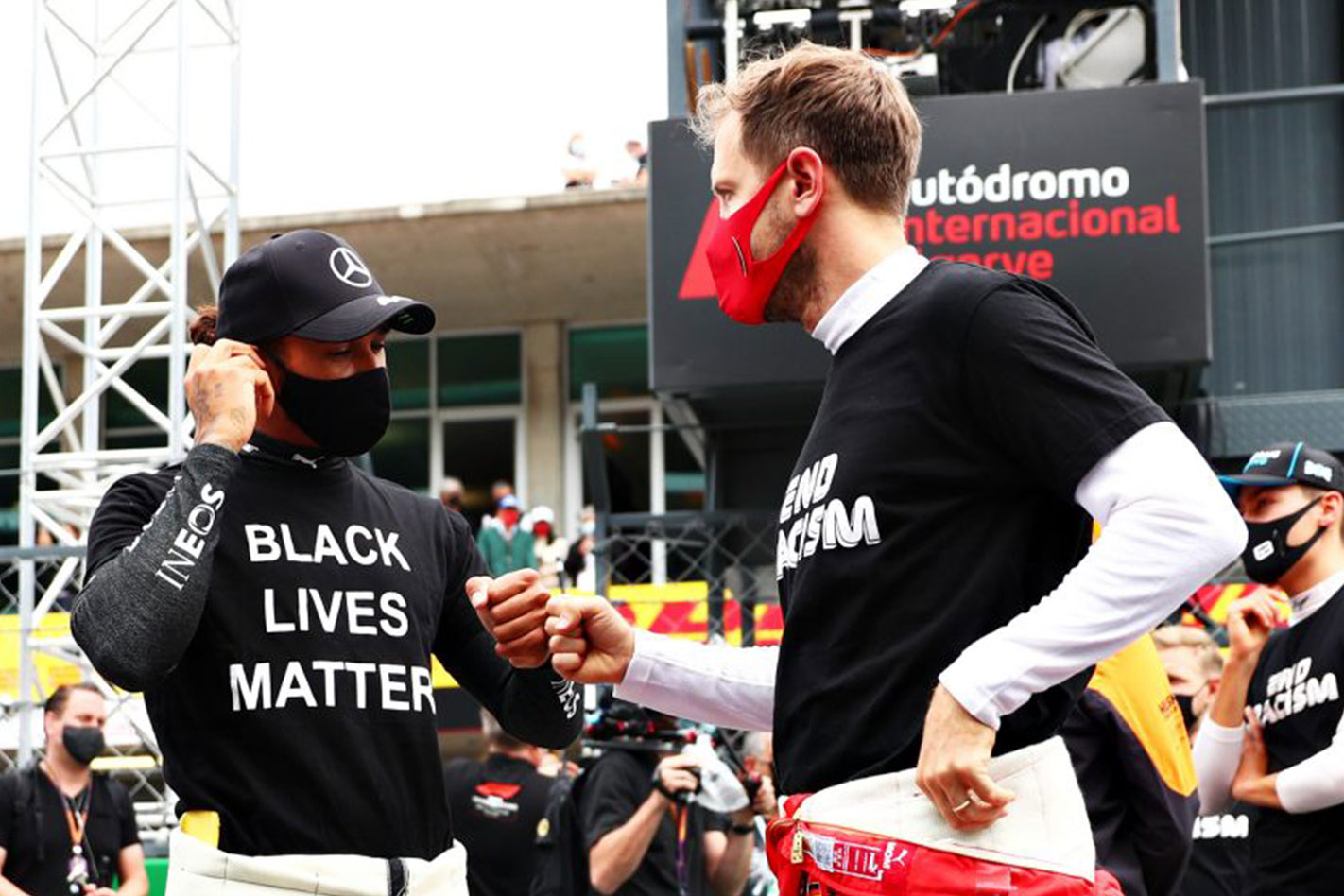
But the benefits of the partnership do not always flow one way. It’s well known Schumacher helped cultivate the Ferrari team around him, bringing now-F1 boss Ross Brawn across from Benetton.
In Hamilton’s context, AMG F1’s tech engineer James Allison has said the racer grows more intense during a season but becomes easier to work with.
“Work-wise, he doesn’t try to own every situation like he is the alpha male in the room,” he says.
“He knows we all bring different aspects to the team and that he must give us space to do our job for him.”
Measure of talent
As a driver, Hamilton’s pace speaks for itself. His 97 pole positions have been earned with two different world champion teammates and alongside a rapid Valteri Bottas.
Former McLaren and Ferrari F1 driver Pedro De La Rosa has famously spoken about Hamilton’s raw talent.
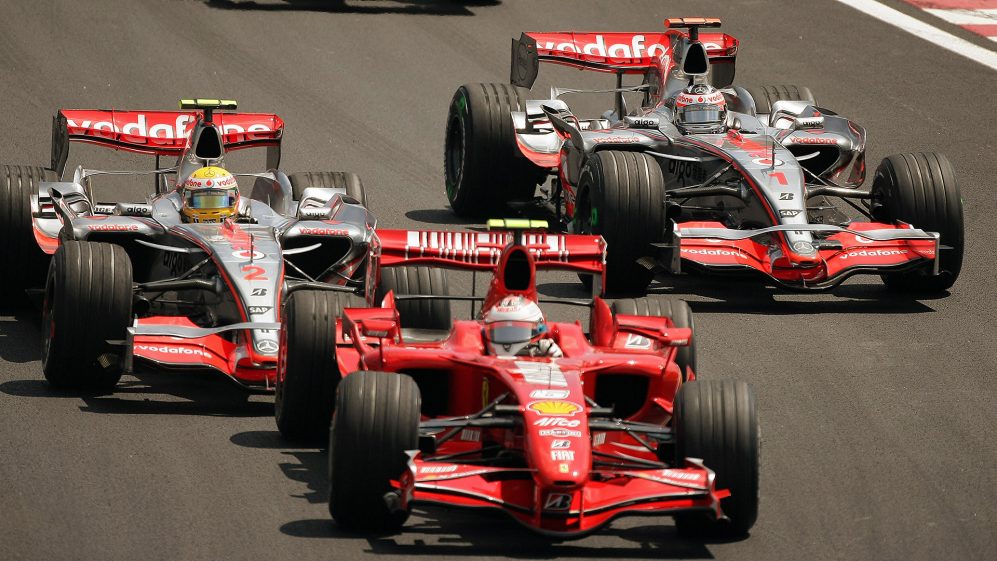
“It was his first-ever F1 test, his second run in Silverstone, and I realised this guy is very, very fast,” he told formula1.com.
“I’ve seen a lot of drivers in my life. You know, I’ve been with very good drivers, I would say, and I feel very honoured of that. But when I saw Lewis, I thought ‘wow, this is very special’.”
But Hamilton also brings so much more to the table. His consistency and mechanical intellect are also huge complements to the speed.
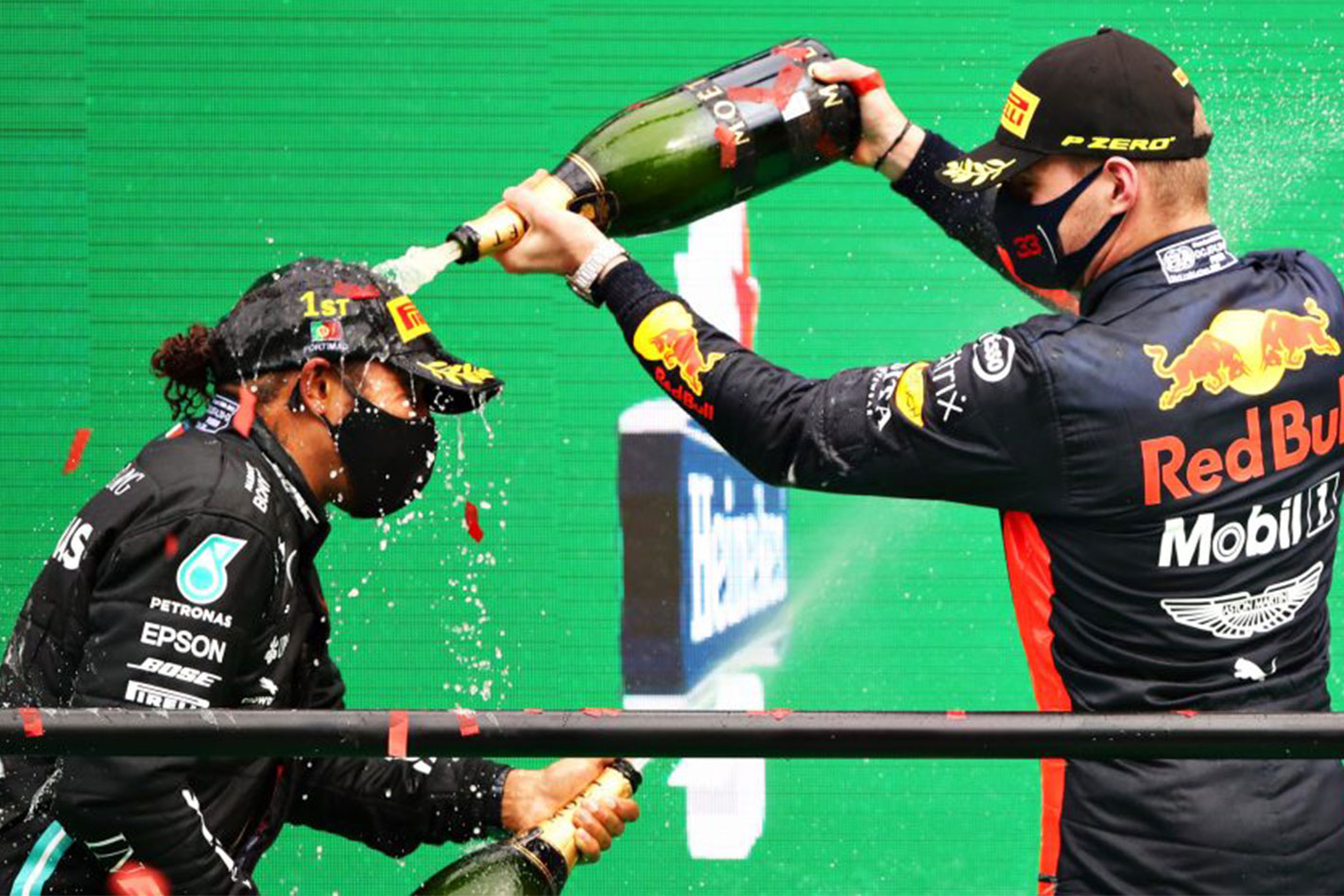
He’s the most complete driver on the F1 grid, and now he’s the most decorated driver in F1 history.
And there should be little stopping him from taking his eighth title next year with Mercedes-AMG F1 – although a contract is yet to be signed – before regulations significantly change in 2022.
Are we witnessing the greatest F1 driver to have lived? Absolutely.


